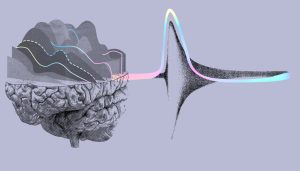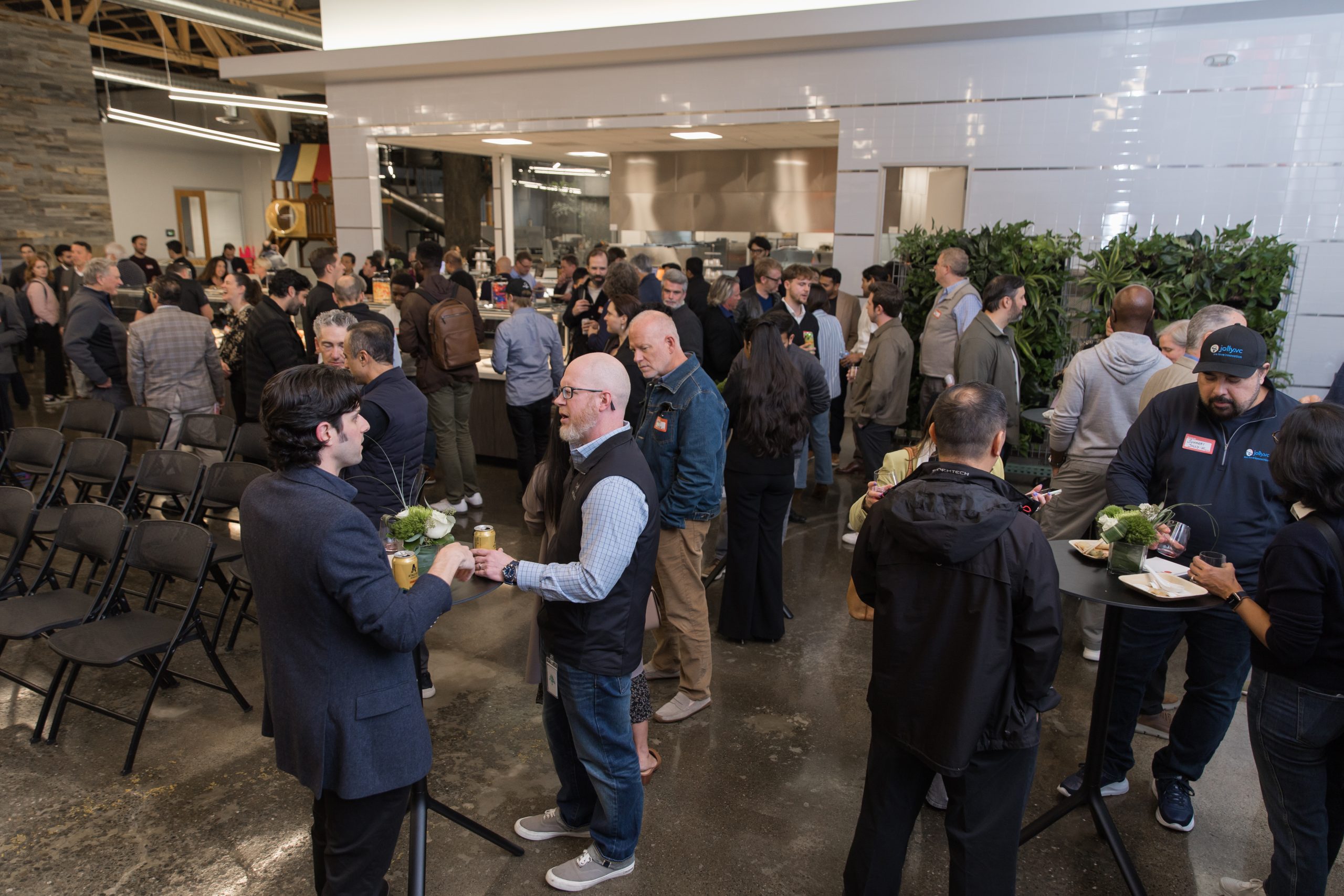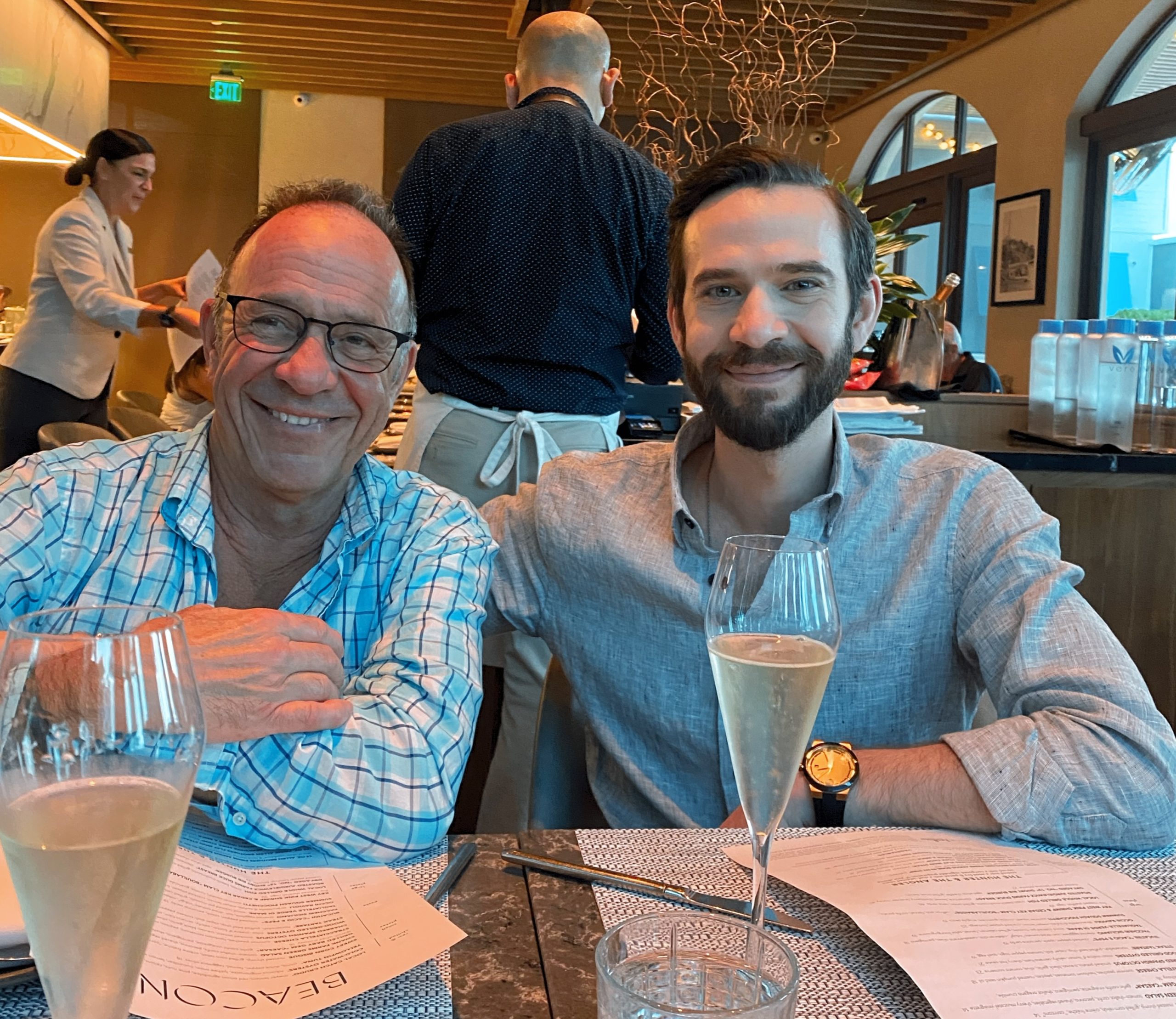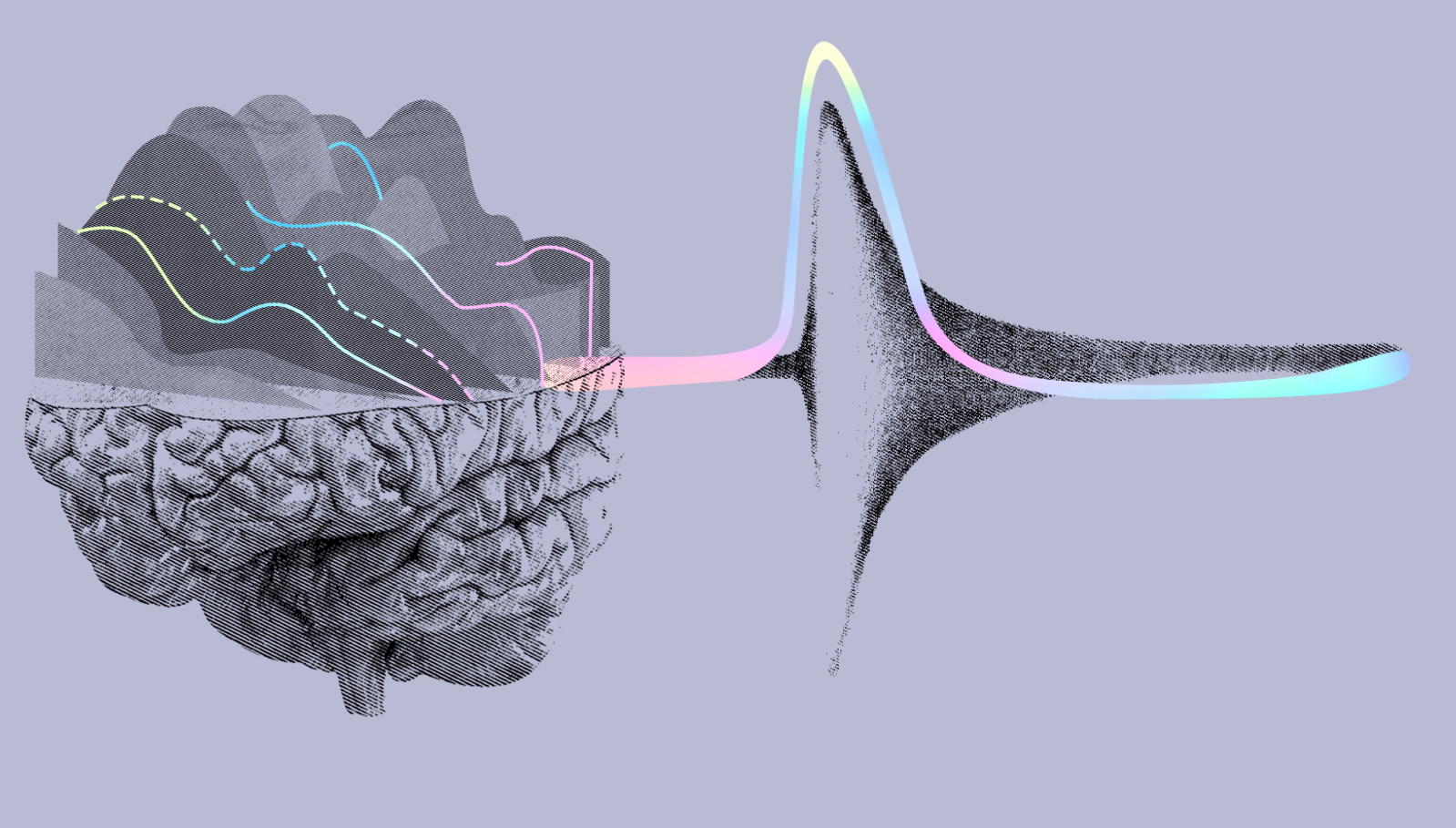
The Wikimedia Foundation, the non-profit organization stewarding the world’s largest online encyclopedia, Wikipedia, has issued a definitive plea to artificial intelligence developers: engage with its vast repository of human-curated knowledge responsibly and sustainably. This directive centers on a pivotal request for AI companies to cease widespread, unauthorized web scraping in favor of utilizing the organization’s structured, paid data service, Wikimedia Enterprise. This strategic move underscores Wikipedia’s commitment to preserving its core mission of free and open knowledge while navigating the complex challenges posed by rapidly evolving generative AI technologies.
The Wikimedia Foundation’s Stance: A Call for Responsible AI Engagement
At its core, the Foundation’s message, articulated in a recent blog post, is a pragmatic appeal for ethical data sourcing. It highlights the critical need for AI developers to acknowledge the immense value derived from Wikipedia’s content, a product of millions of volunteer hours, by providing proper attribution. More importantly, it urges these companies to access this content through Wikimedia Enterprise, an opt-in platform designed to facilitate large-scale data consumption without imposing undue strain on Wikipedia’s public servers. This paid service not only ensures a stable and efficient data stream for commercial entities but also provides a vital revenue channel that directly supports the Foundation’s non-profit operations and its global community of contributors.
The Foundation’s concern extends beyond mere technical infrastructure. It speaks to the fundamental principles of sustainability and reciprocity. For years, Wikipedia has operated on a unique model of collective intelligence, powered by donations and the selfless efforts of volunteers. As AI models increasingly rely on this curated knowledge base for training and output generation, the Foundation argues that a fair exchange is imperative. Using Wikimedia Enterprise is presented as the most direct and responsible way for AI companies to contribute back to the ecosystem from which they draw significant value, ensuring the continued viability and growth of this indispensable public resource.
The Erosion of Open Knowledge Principles
To fully grasp the significance of Wikipedia’s current stance, it is essential to understand its foundational principles and historical trajectory. Launched in 2001 by Jimmy Wales and Larry Sanger, Wikipedia quickly distinguished itself as a collaborative, multilingual, web-based encyclopedia, free to access for anyone with an internet connection. Its revolutionary model eschewed traditional editorial hierarchies in favor of a decentralized, community-driven approach, where volunteers collectively write, edit, and maintain millions of articles across hundreds of languages. This commitment to "the sum of all human knowledge" as a freely available public good cemented its role as a cornerstone of the digital commons.
The very success of Wikipedia, however, now presents a unique dilemma in the age of generative AI. Large Language Models (LLMs) and other AI systems thrive on vast quantities of high-quality, diverse textual data for training. Wikipedia, with its comprehensive, regularly updated, and often cited content, represents an unparalleled goldmine for these models. The practice of "web scraping," where automated bots extract data from websites en masse, has become a commonplace method for AI developers to acquire this training material. While scraping itself is not inherently illegal, its unmanaged, large-scale application can significantly strain website infrastructure, consuming bandwidth and processing power intended for human users. For a non-profit like Wikipedia, which relies on public donations to maintain its servers and infrastructure, such unregulated data extraction poses a tangible threat to its operational capacity and financial health.
Furthermore, the lack of explicit attribution in AI outputs generated from scraped Wikipedia content undermines the very ethos of the project. It devalues the intellectual labor of countless volunteers and obscures the source of information, making it difficult for users to verify facts or delve deeper into topics. This issue resonates with broader concerns about data provenance and intellectual property rights in the AI landscape, where the creators of original content often receive no recognition or compensation when their work is ingested and repurposed by AI.
The Impact on Wikipedia’s Ecosystem
The Foundation’s recent observations underscore the tangible consequences of unchecked AI engagement. Following updates to its bot detection systems, Wikipedia revealed a disturbing trend: an unusually high volume of traffic in May and June was attributed to AI bots attempting to evade detection. Simultaneously, the organization reported an 8% year-over-year decline in "human page views." This divergence paints a stark picture of an information ecosystem under stress.
The implications of declining human engagement are profound for Wikipedia’s unique model. Fewer human visits translate to a diminished likelihood of new volunteers joining the ranks of editors, fewer existing contributors finding motivation to enrich content, and a reduction in individual donors supporting the Foundation’s work. Wikipedia’s vitality is directly tied to this virtuous cycle: public use fosters community participation, which in turn improves content quality, attracting more users and donors. If AI tools bypass the website itself, directly providing summaries or answers without directing users to the source, this cycle is broken. The "tragedy of the commons" looms, where a shared resource, freely available and immensely valuable, risks degradation due to unmanaged exploitation.
The importance of attribution extends beyond mere recognition; it is fundamental to fostering trust in information. In an era increasingly grappling with misinformation and deepfakes, knowing the origin of information is paramount. If AI outputs, trained on Wikipedia, fail to clearly cite their sources, they inadvertently contribute to an opaque information landscape, making it harder for individuals to critically evaluate the content they consume. The Foundation explicitly states that "For people to trust information shared on the internet, platforms should make it clear where the information is sourced from and elevate opportunities to visit and participate in those sources." This is a call for transparency, empowering users to trace information back to its origins and engage with the rich, human-driven context that Wikipedia provides.
Historical Precedent and Evolving Digital Dynamics
Wikipedia has long occupied a unique and often challenging position within the broader digital information landscape. For years, it has served as a primary reference for search engines like Google, which frequently incorporate Wikipedia snippets into "knowledge panels" or direct answer boxes. While these integrations have sometimes been contentious, they generally maintained a visible link back to Wikipedia, preserving some degree of attribution and traffic flow. The advent of generative AI, however, introduces a qualitatively different dynamic. Instead of merely displaying information from Wikipedia, AI models are ingesting it, processing it, and then generating entirely new text, often without direct links or explicit acknowledgments. This transformative use of data fundamentally alters the relationship between source and consumer.
The rise of generative AI marks a significant shift in how information is created, disseminated, and consumed. Technologies like ChatGPT, Bard, and other AI assistants promise instant answers and comprehensive summaries, drawing from vast datasets that often include Wikipedia. This capability, while innovative, has the potential to disintermediate traditional information sources, leading users to bypass the original websites where content is created and maintained. For a project built on community and open access, this disintermediation poses an existential threat, disrupting the very feedback loops that sustain its quality and growth.
Wikimedia’s Proactive AI Strategy
It is important to note that the Wikimedia Foundation is not inherently anti-AI. In fact, earlier this year, it articulated its own "AI strategy for editors," outlining how artificial intelligence could be leveraged to support its human volunteers, rather than replace them. This strategy envisions AI tools assisting with tedious tasks, automating translations, and enhancing editorial workflows. This demonstrates a nuanced understanding of AI’s potential, advocating for its use as an augmentative force that empowers human creativity and efficiency within the Wikipedia ecosystem.
This internal strategy stands in stark contrast to the external practices of many AI companies. The Foundation believes that AI’s power should be harnessed to strengthen the human-centric principles of knowledge creation, not to exploit or undermine them. By encouraging responsible engagement through Wikimedia Enterprise, the Foundation seeks to establish a model where technological advancement and the sustainability of public goods can coexist.
The Broader Implications for the Digital Commons
Wikipedia’s appeal transcends its own organizational concerns, resonating with a broader global debate about the ethics of AI development, data provenance, and the future of open-source projects. The issue highlights a fundamental tension between the rapid commercialization of AI and the long-term health of the "digital commons" – the shared intellectual and cultural resources available to all. If high-quality, community-driven data sources are continually harvested without sustainable compensation or clear attribution, it raises questions about who benefits from AI’s advancements and at what cost to the foundational information infrastructure.
The challenges faced by Wikipedia are indicative of similar pressures on other open-access repositories, public domain archives, and non-profit educational platforms. Ensuring the sustainability of these crucial resources requires a collaborative approach, where AI developers recognize their responsibility to contribute to the well-being of the ecosystems from which they draw their sustenance. The Foundation’s call for responsible engagement is not just about its own future; it is a blueprint for fostering a more equitable and sustainable digital future for all.
Conclusion
In its appeal to AI developers, the Wikimedia Foundation is not merely asserting its rights but reiterating its role as a steward of global knowledge. Its request to utilize Wikimedia Enterprise and properly attribute content represents a critical step towards establishing a symbiotic relationship between pioneering AI technology and the enduring principles of open access and community-driven knowledge. The long-term health of Wikipedia, and by extension, the integrity of a significant portion of the digital information ecosystem, hinges on the willingness of AI companies to engage responsibly, recognizing the invaluable human effort and non-profit mission that underpins this unparalleled public resource. The future of informed society may well depend on this delicate balance.








